Captive freedom: Retail investors, financial subjectivities and real estate assets under platform logic
Investment platforms have proliferated, spreading narratives, expectations, and practices of financial freedom and security. Platforms that facilitate real estate investment by ordinary people are a key site where financial subjectivities and individual capital become algorithmically networked to wider capitalist dynamics, within and beyond housing markets. Yet little is known about the geographically dispersed, atomized users who seek to secure financial futures through platform real estate investment. We address this challenge with an innovative methodology to examine how platforms mediate financial subjectivities and real estate. Our approach combines computational and textual analysis with in-depth qualitative study of a large corpus of conversations from a Reddit community dedicated to Fundrise, a major US investment platform. We find retail investors navigate both platforms to co-create networked financial subjectivity. Weaving polarized feelings with financial knowledge, they define financial goals and collective values through dynamics of in- and out-grouping and attempt to make sense of and frame real estate as an asset class. Countering wealth-tech’s narrative of democratization, we argue ordinary investors are unevenly captive to platform logic, attempting to negotiate a space for financial agency in a context of automation, stratification of users, and shifting digital and financial architectures. Seeking financial freedom, users construct their sense of proper financial subjectivity, struggling with and constrained by the platform’s own terms.
Desiree Fields is Associate Professor of Geography at UC Berkeley. She is an economic geographer and critical urban scholar. Her research program addresses how Wall Street and Silicon Valley are jointly transforming property relations, urbanization, and economic subjectivity. She has published widely in leading human geography and urban studies journals, including Annals of the American Association of Geographers, Progress in Human Geography, Environment and Planning A, and Urban Studies. Dr. Fields was a fellow of the Swedish Collegium for Advanced Study in 2023-24. She is a trustee of the Urban Studies Foundation and an editor at Environment and Planning A and Housing, Theory, and Society.

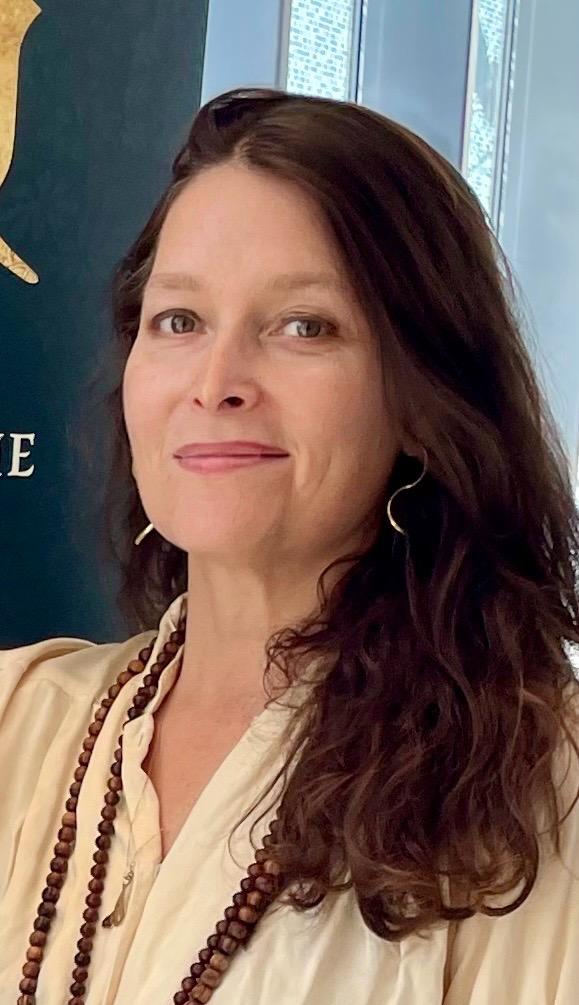 acture both the International Treaty on Plant Genetic Resources for Food & Agriculture and the World Trade Organization Agreement on Agriculture to the grassroots coalitions that drafted and achieved the UN Declarations on the Rights of Peasants & Others Working in Rural Areas. The US Farm Bill began from farm justice movement demands for agricultural parity, just as the Indian farmers uprisings to protect minimum support prices cracked India’s BJP hegemony. An agrarian geography lens elucidates the land-based resistance at the heart of Cold War geopolitics, as well as of course the Haitian, Mexican, and anticolonial revolutions. It unmasks the current genocidal war on Palestine for the land grab it is. The rise of authoritarian ethnonationalism requires critical agrarian geographic analysis. Across Turtle Island, to counter colonialist, white supremacist connotations of ‘agrarian,’ abolitionist orientation is needed—from bell hooks' work to tracing the Kentucky River's Afro-Caribbean legacies. Accordingly, abolitionist agrarian geographies help cultivate emancipatory inter-agricultural relations, diálogo de saberes, and thus agricultural policy co-analysis.
acture both the International Treaty on Plant Genetic Resources for Food & Agriculture and the World Trade Organization Agreement on Agriculture to the grassroots coalitions that drafted and achieved the UN Declarations on the Rights of Peasants & Others Working in Rural Areas. The US Farm Bill began from farm justice movement demands for agricultural parity, just as the Indian farmers uprisings to protect minimum support prices cracked India’s BJP hegemony. An agrarian geography lens elucidates the land-based resistance at the heart of Cold War geopolitics, as well as of course the Haitian, Mexican, and anticolonial revolutions. It unmasks the current genocidal war on Palestine for the land grab it is. The rise of authoritarian ethnonationalism requires critical agrarian geographic analysis. Across Turtle Island, to counter colonialist, white supremacist connotations of ‘agrarian,’ abolitionist orientation is needed—from bell hooks' work to tracing the Kentucky River's Afro-Caribbean legacies. Accordingly, abolitionist agrarian geographies help cultivate emancipatory inter-agricultural relations, diálogo de saberes, and thus agricultural policy co-analysis.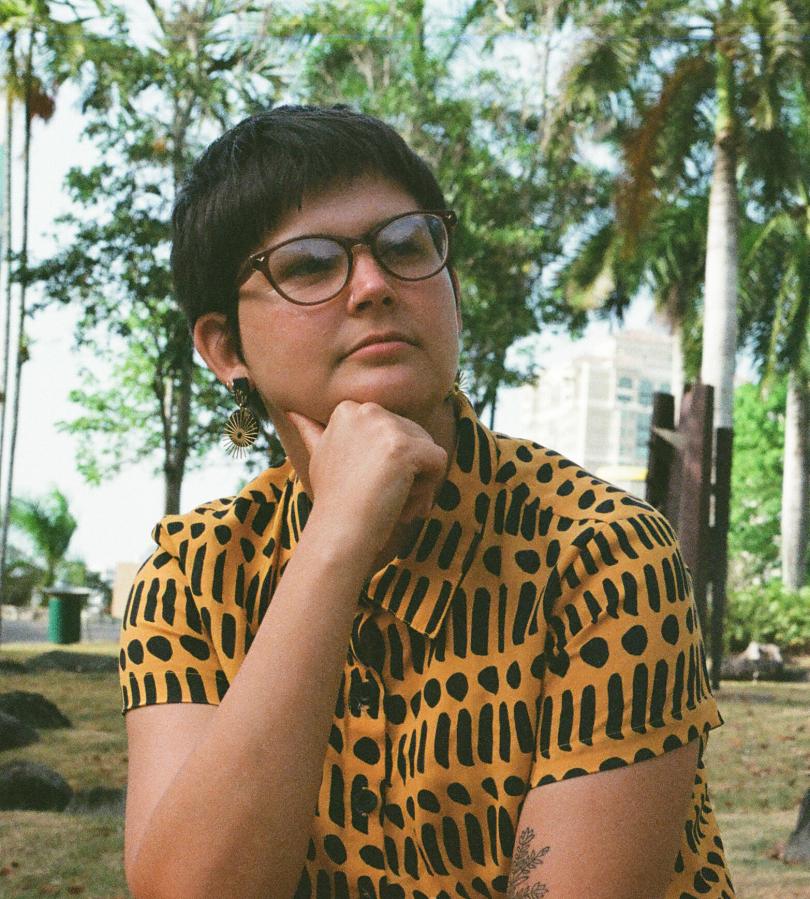
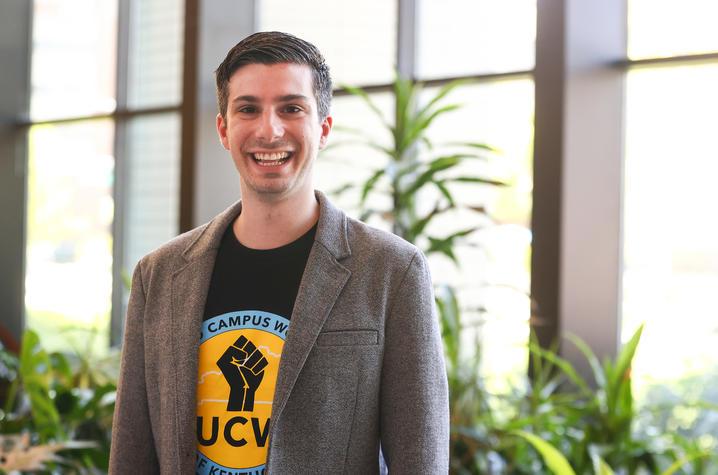
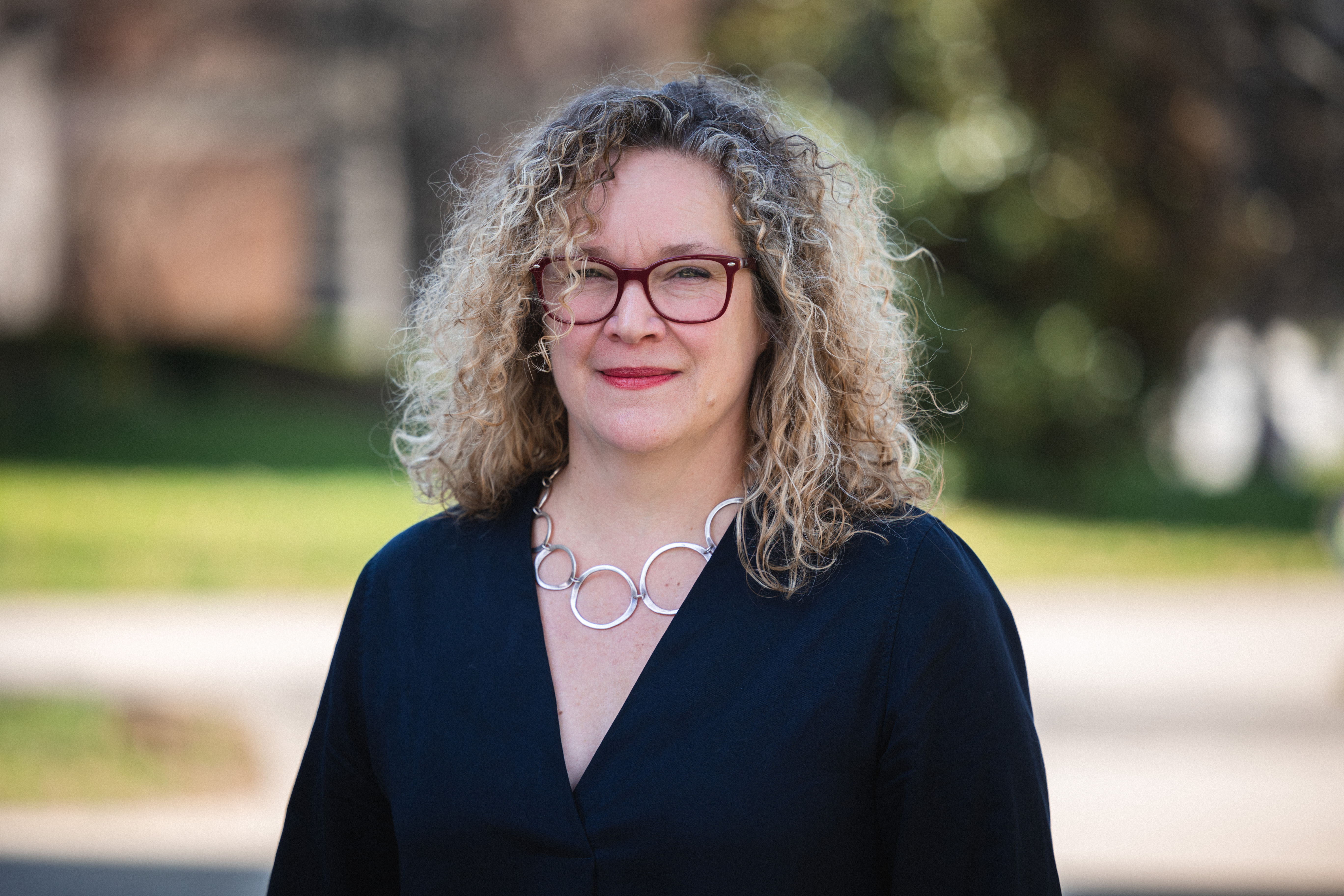
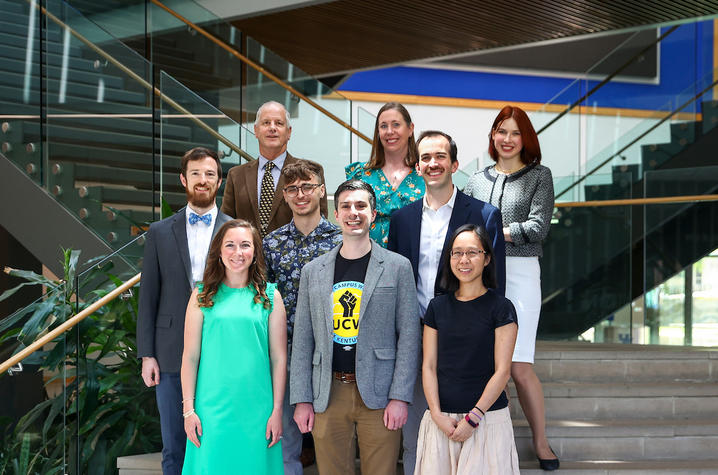
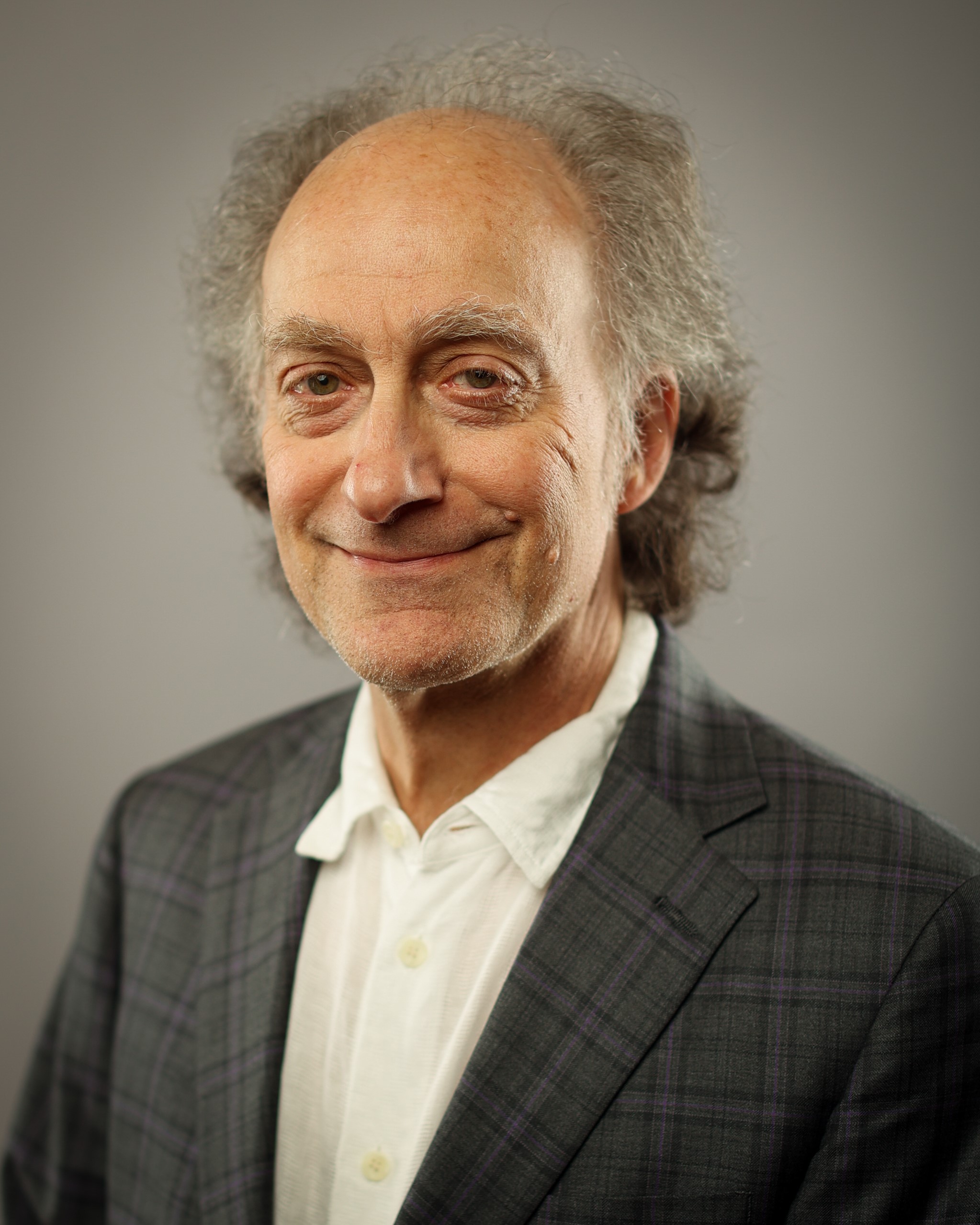 Dr. Theodore Schatzki
Dr. Theodore Schatzki